On November 27, in the program of the 6th Session of the 15th National Assembly , the National Assembly officially passed the Law on Water Resources (amended). The Law, consisting of 10 Chapters and 86 Articles, is expected to contribute to improving the effectiveness and efficiency of state management of water resources (WRES), ensuring national WRES security.
Article 85. Entry into force
1. This Law comes into force from July 1, 2024, except for the cases specified in Clauses 3 and 4 of this Article.
2. The Law on Water Resources No. 17/2012/QH13, as amended and supplemented by a number of articles under Law No. 08/2017/QH14, Law No. 35/2018/QH14, Law No. 72/2020/QH14 (hereinafter referred to as Law No. 17/2012/QH13), ceases to be effective from the effective date of this Law, except for the cases specified in Clauses 1, 3 and 5, Article 86 of this Law.
3. The calculation of fees for granting the right to exploit water resources for domestic use as prescribed in Point b, Clause 1, Article 69 of this Law shall be implemented from July 1, 2025.
4. The declaration of groundwater exploitation by households as prescribed in Clause 4, Article 52 of this Law shall be implemented from July 1, 2026.
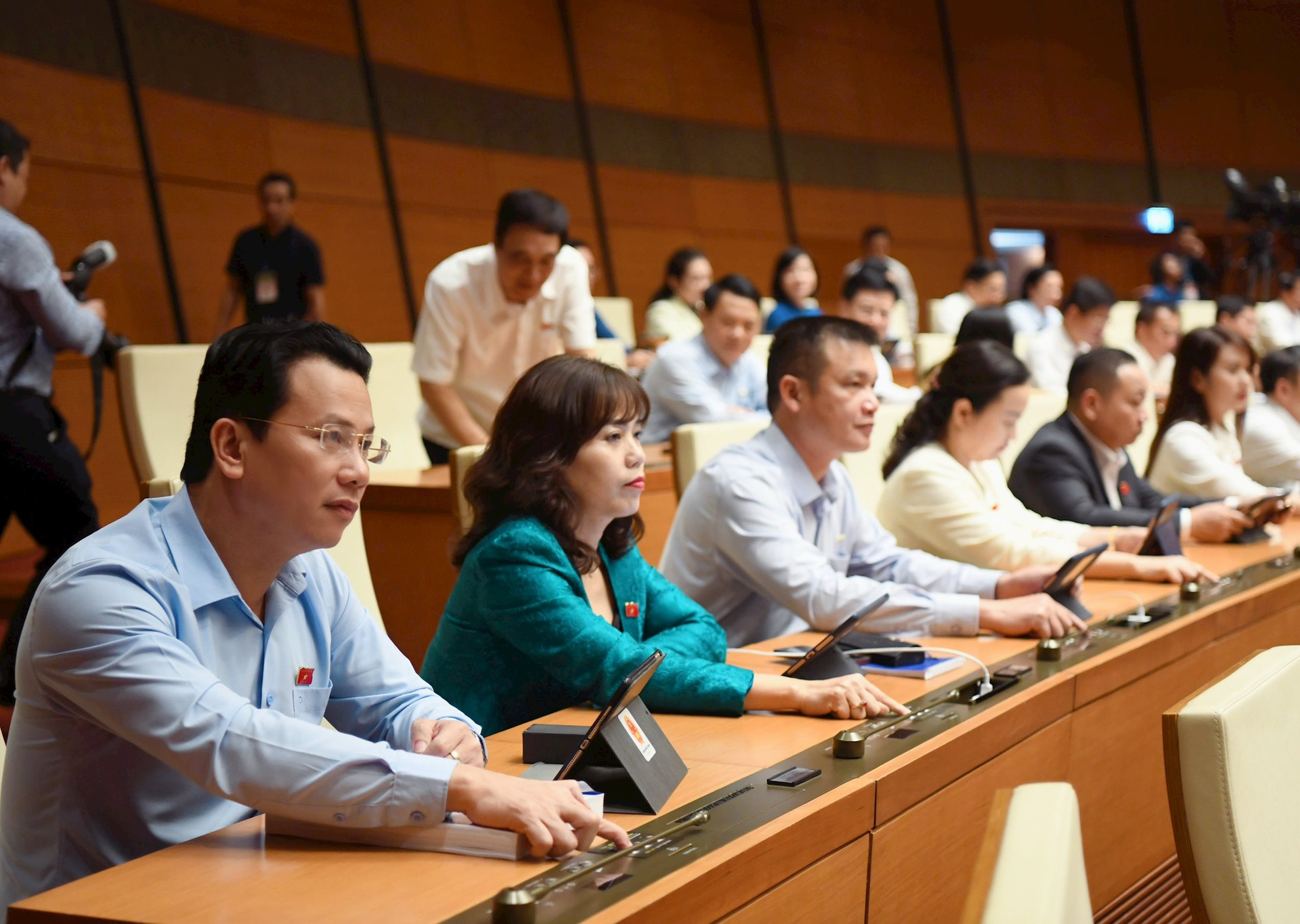
On behalf of the National Assembly Standing Committee (NASC) presenting the Summary Report on explanation, acceptance and revision of the draft Law on Water Resources (amended), Chairman of the National Assembly's Committee on Science , Technology and Environment (KH,CN&MT) Le Quang Huy said that regarding the content of water resources protection and water resource restoration (Chapter III) , accepting the opinions of NA deputies, the draft Law has been revised in the direction of management according to technical standards and regulations for technical regulations such as: prevention and control of seawater pollution in Article 33; exploitation of water resources for daily life in Article 43; collection and treatment of used water in industrial production, mineral exploitation and processing in Article 47; prevention and control of saltwater intrusion in Article 64; prevention and control of land subsidence in Article 65; prevention and control of landslides and erosion of river and lake banks and beaches in Article 66.
There are opinions suggesting to clearly define the legal basis for determining the minimum flow. Regarding this content, the Standing Committee of the National Assembly believes that the regulation of minimum flow in the draft Law is inherited from the 2012 Law on Water Resources, Resolution No. 62/2013/QH13 dated November 27, 2013 of the National Assembly on strengthening the management of planning, investment in construction, operation and exploitation of hydropower works and has been implemented stably for many years. Therefore, there is enough legal and practical basis for the regulation of minimum flow.
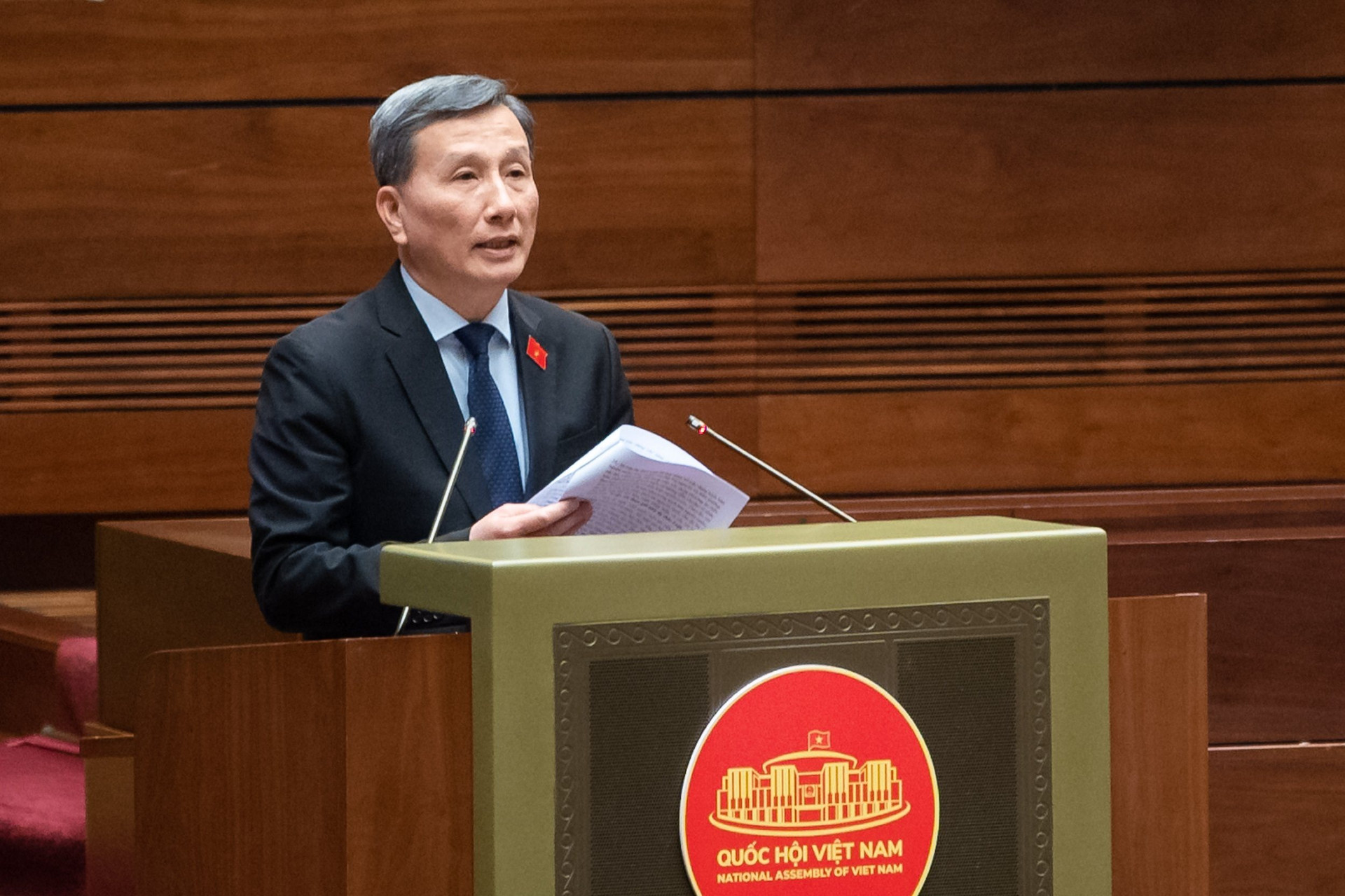
Chairman of the National Assembly's Committee for Science, Technology and Environment Le Quang Huy affirmed that, taking into account the opinions of National Assembly deputies, the draft Law has been reviewed, supplemented and revised to provide regulations on prioritizing investment in searching, exploring, exploiting water sources, and storing water; having preferential policies for investment projects in exploiting water for daily life and production for people in areas with scarce fresh water, ethnic minority areas, mountainous areas, border areas, and islands (Clause 2, Article 4); encouraging the implementation of water storage activities (Clause 4, Article 4); applying and developing technology in water storage (Point h, Clause 1, Article 6); prioritizing investment and construction of water storage works combined with artificial supplementation of underground water in islands and areas with scarce water (Clause 1, Article 39); Encourage organizations and individuals to research solutions and implement artificial groundwater replenishment (Clause 1, Article 39), and at the same time assign the Minister of Natural Resources and Environment to specify the artificial groundwater replenishment (Clause 3, Article 39).
Regarding the exploitation and use of natural resources (Section 2, Chapter IV), there are opinions suggesting to add regulations related to the licensed water volume to be more flexible in normal and abnormal conditions as in Point h, Clause 2, Article 42 because the water exploitation license only stipulates one flow value under normal exploitation conditions. The Standing Committee of the National Assembly recognizes that the adjustment of the exploitation flow under normal conditions has been shown in the license through the water exploitation quota specified in Point d, Clause 1, Article 41 and in abnormal conditions through the plan for regulating and distributing water resources when drought and water shortage occur as specified in Point h, Clause 2, Article 42. Therefore, please keep it as in the draft Law.
Regarding the proposal to review relevant regulations to strictly regulate responsibilities in exploiting water for domestic use . At the same time, assign the Government to specify automatic monitoring parameters, frequency, and periodic monitoring parameters to closely monitor changes in water quality before putting it into water exploitation projects for domestic use. Incorporating the opinions of National Assembly deputies, the draft Law has been reviewed and revised to strictly regulate the responsibilities in exploiting water for domestic use of agencies in Clauses 3 and 4, Article 43 on exploiting water resources for domestic use; on monitoring and supervising water resource exploitation in Clauses 1 and 2, Article 51 and assign the Government to specify details in Clause 3, Article 51.
Receiving and explaining the regulations on declaration, registration and licensing of water resources (Section 3, Chapter IV), receiving the opinions of National Assembly deputies, Clause 5, Article 53 of the draft Law assigned the Government to specify in detail the procedures for declaration, registration and licensing of water resources exploration, exploitation and use. At the same time, it stipulates the transition of completing the procedures for registration and licensing of water resources exploitation for irrigation works no later than June 30, 2027, as stipulated in Clause 6, Article 86 of the draft Law.
Regarding the economical and efficient use of water (Section 4, Chapter IV) , there are opinions suggesting that it is necessary to determine the proportion of water that must be circulated and reused for each specific project to increase the responsibility of project owners when choosing to apply advanced technology in production and wastewater treatment. The Standing Committee of the National Assembly noted that, in order to be consistent with the socio-economic development conditions of Vietnam, Article 59 of the draft Law stipulates the use of circulated water and water reuse at 3 levels; At the same time, Clause 4, Article 59 of the draft Law stipulates that the provincial People's Committee has a plan and roadmap to stipulate types of projects that must have water reuse plans for areas that frequently experience droughts and water shortages, and forms of incentives according to the provisions of law. Accordingly, the provincial People's Committee will consider and decide on the proportion of water that must be circulated and reused for each project. Therefore, please keep it as in the draft Law.
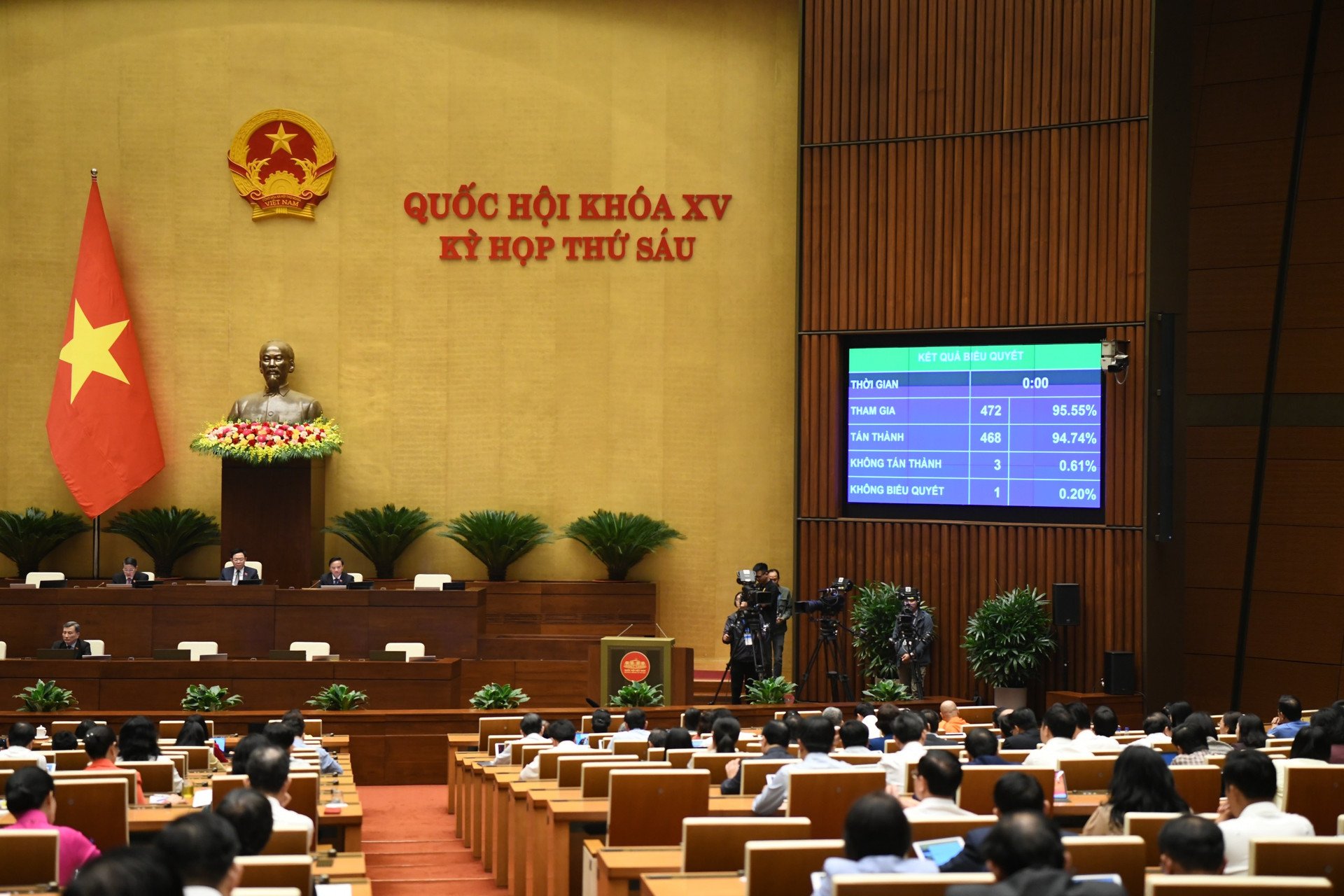
Regarding economic tools, policies and resources for water resources (Chapter VI), there are opinions suggesting to study and supplement regulations on other legal funding sources other than the State budget to carry out the activities specified in Articles 72 and 74 of the draft Law. The Chairman of the National Assembly's Committee for Science, Technology and Environment said that, taking into account the opinions of National Assembly deputies, the draft Law has been reviewed, revised and supplemented with regulations on ensuring financial policies and mechanisms for activities to restore degraded, depleted and polluted water sources: (1) Funds for restoring degraded, depleted and polluted water sources are allocated from the State budget, capital sources for economic activities, environmental activities, development investment, environmental protection funds, payment sources from subjects causing degradation, depletion and pollution of water sources, other contributions from organizations and individuals in Clause 5, Article 34; (2) encourage financial institutions to develop green credit, green bonds and financial products to support water resource restoration activities in Clause 4, Article 72; (3) socialize the restoration of degraded, depleted and polluted water resources in Point a, Clause 1, Article 74 through investment incentives and calling for social participation through the addition of regulations on water resource restoration in the form of public-private partnerships.
At the same time, supplement the provisions in Clause 1, Article 34 of the Chapter on Protection and Restoration of Water Resources, adding provisions on developing plans, programs, and projects to restore degraded, depleted, and polluted water resources; prioritizing the restoration of "dead rivers" to restore water resources, create flows, and improve ecological landscapes, including programs, projects, and projects that prioritize the revival of rivers (as is being started with the Bac Hung Hai, Nhue, and Day rivers through the construction of dams to create flows).
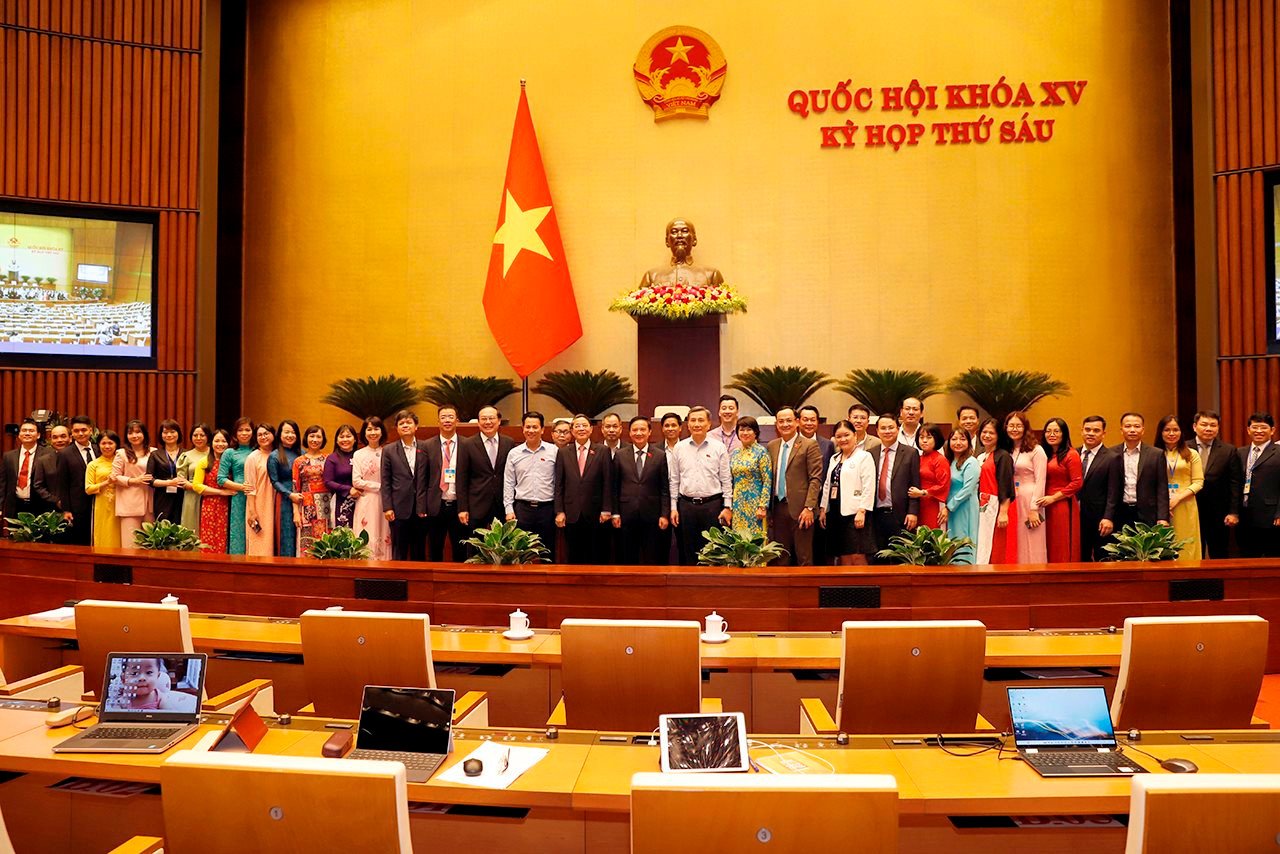
Source


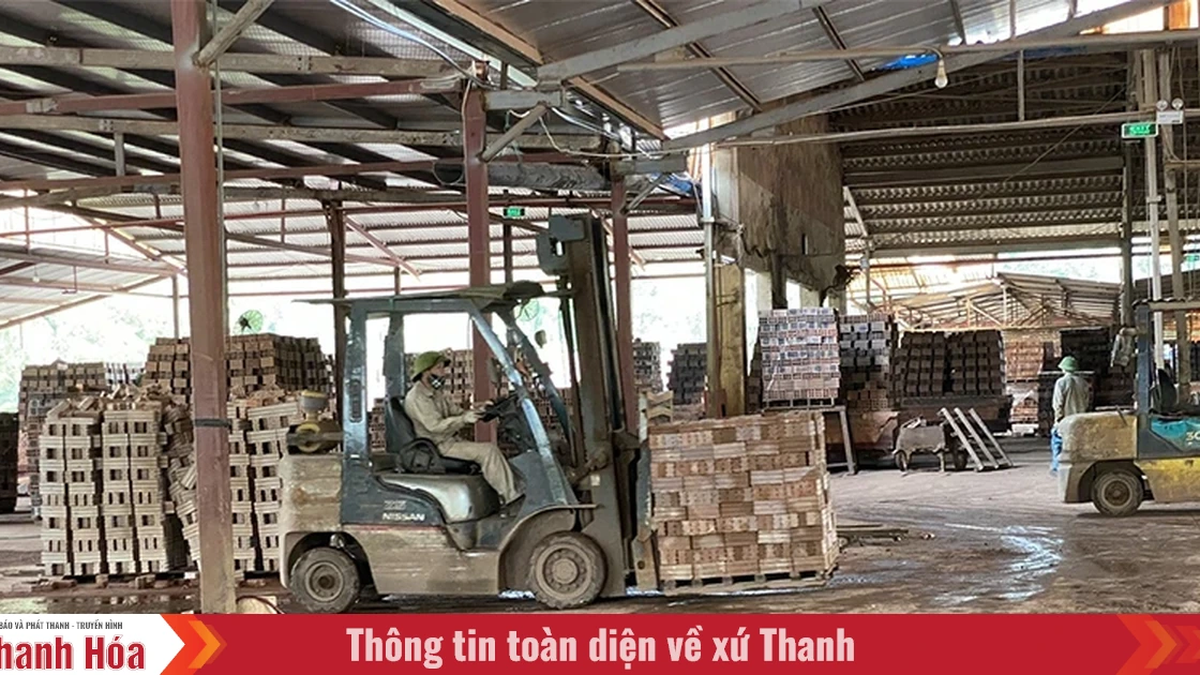
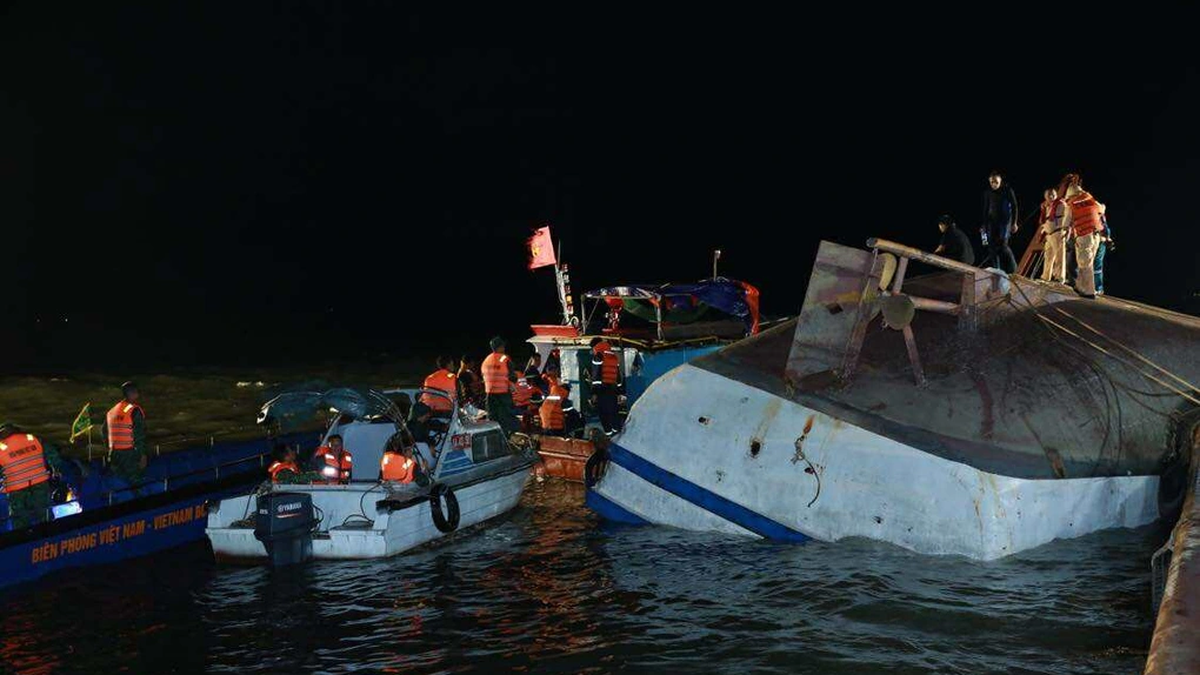
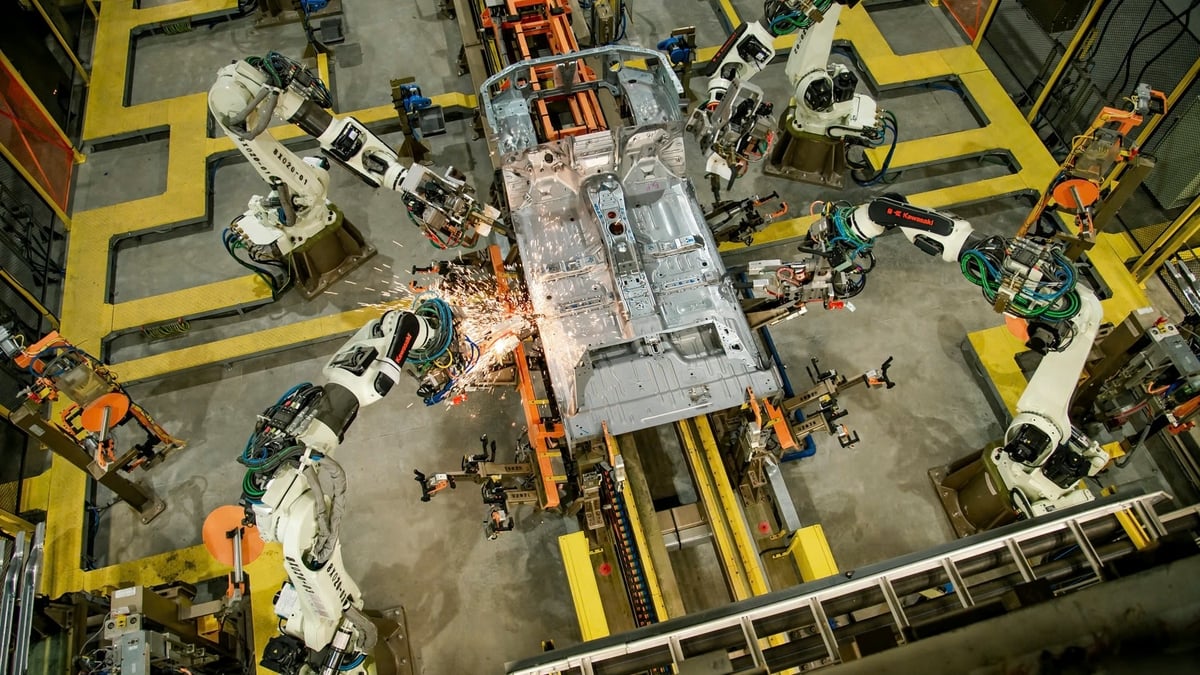
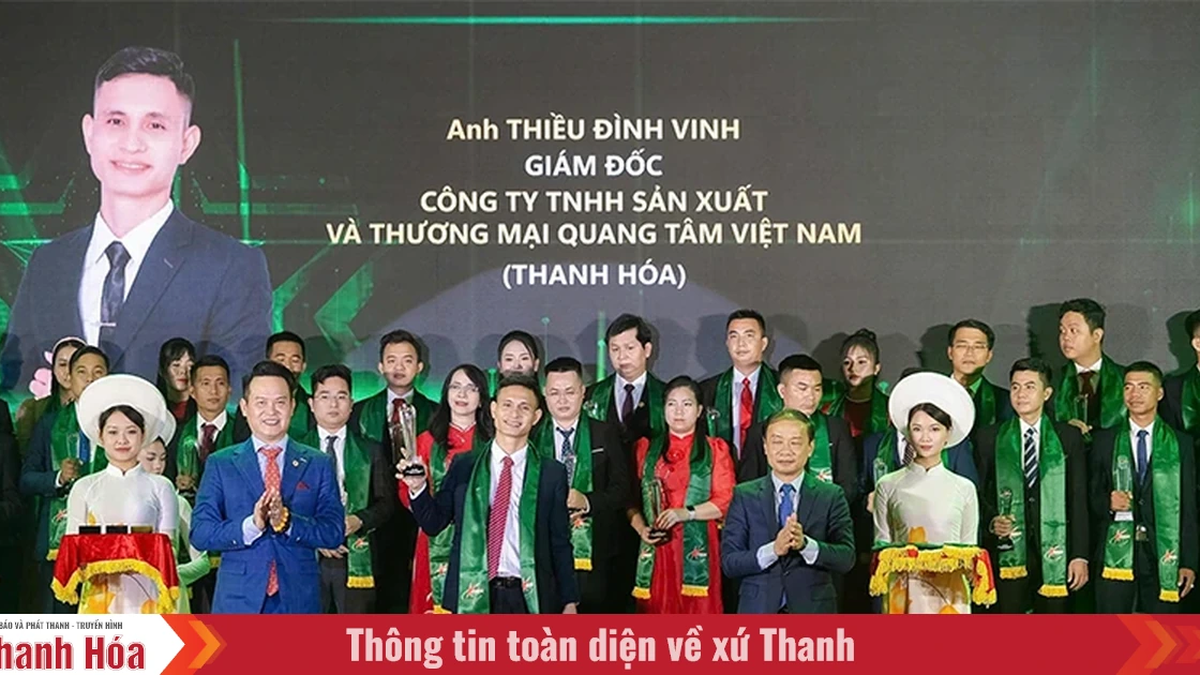
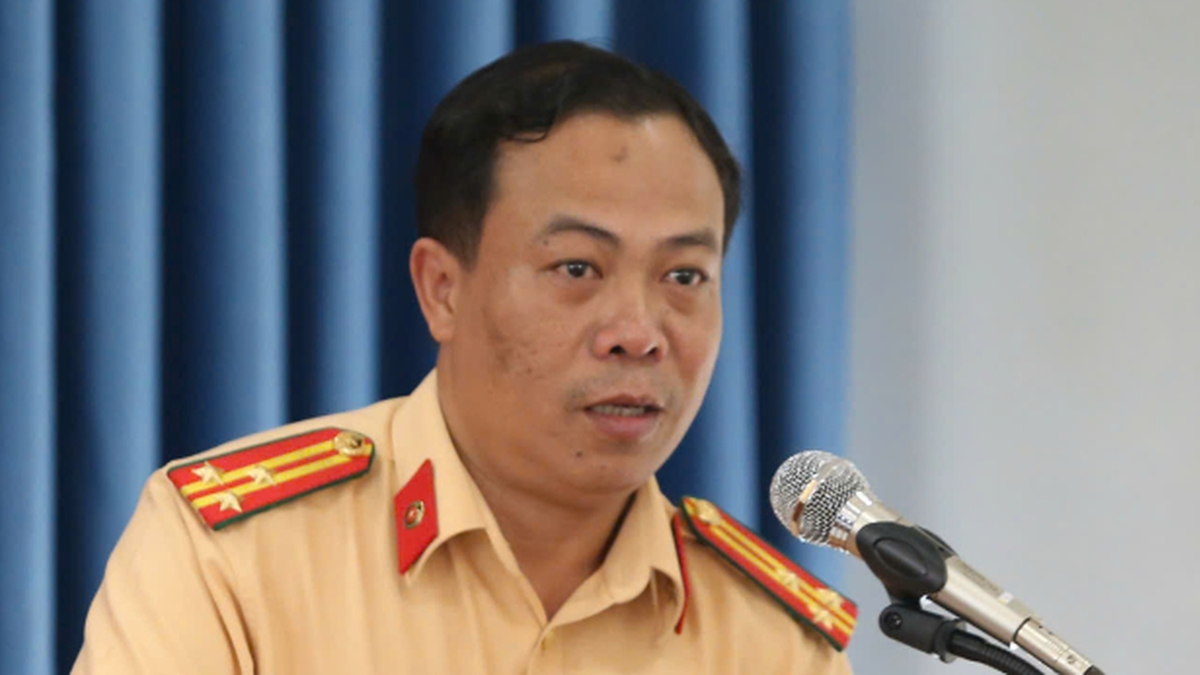

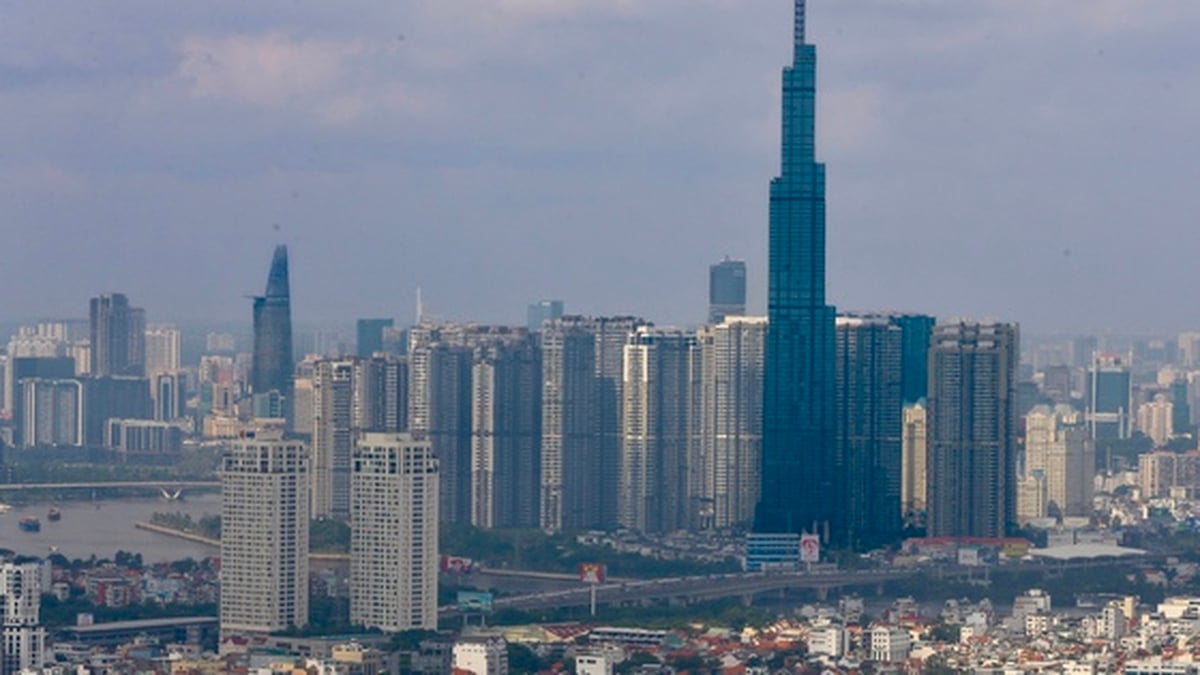

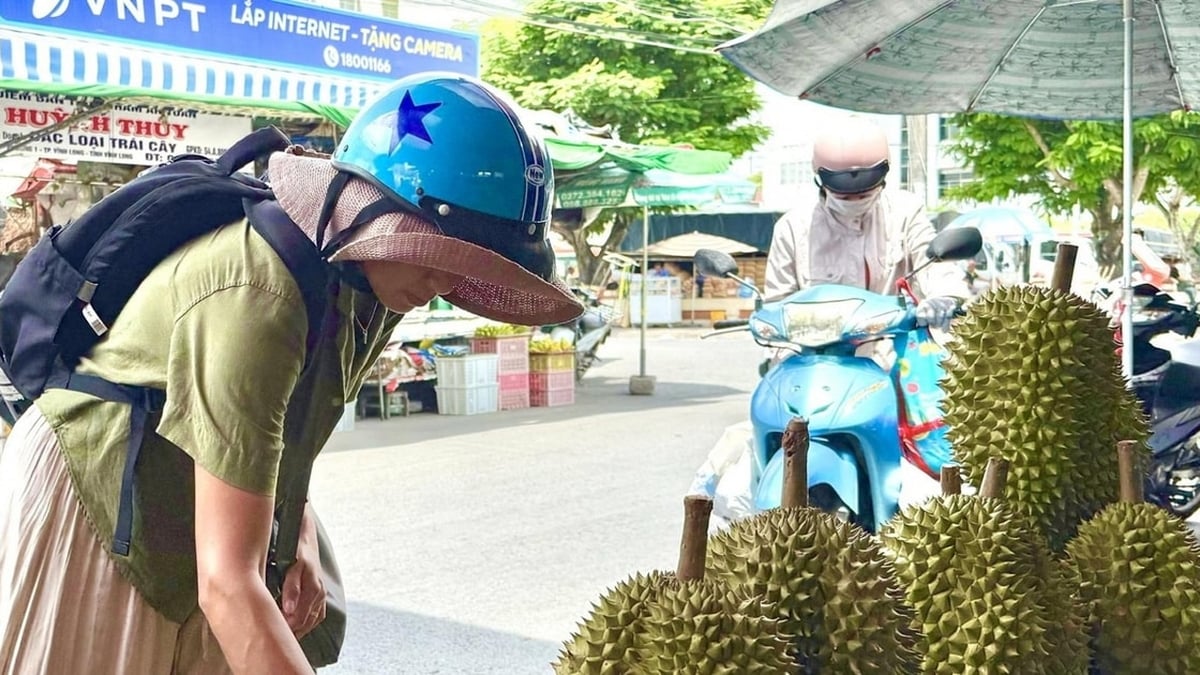
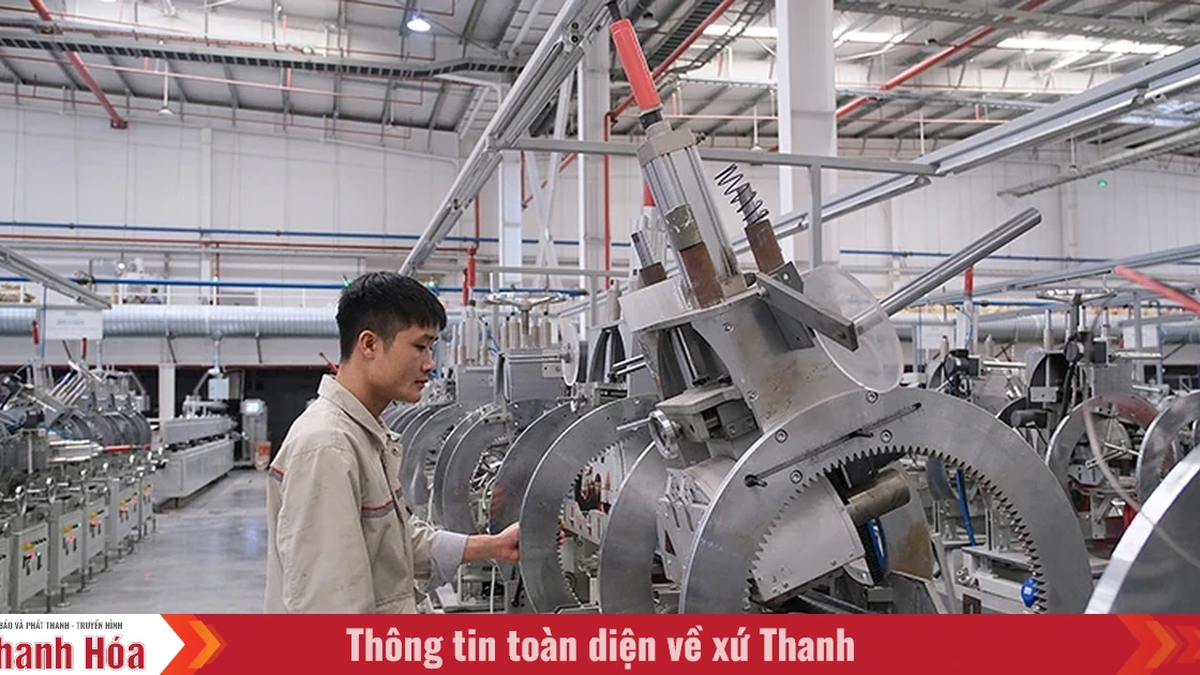












![[Photo] National Assembly Chairman Tran Thanh Man visits Vietnamese Heroic Mother Ta Thi Tran](https://vphoto.vietnam.vn/thumb/1200x675/vietnam/resource/IMAGE/2025/7/20/765c0bd057dd44ad83ab89fe0255b783)



































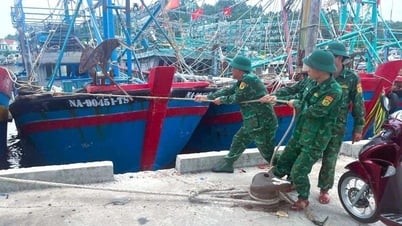
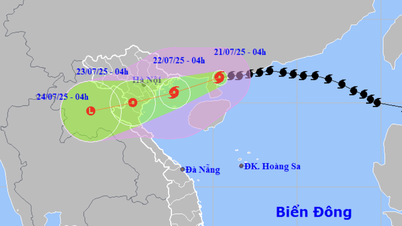
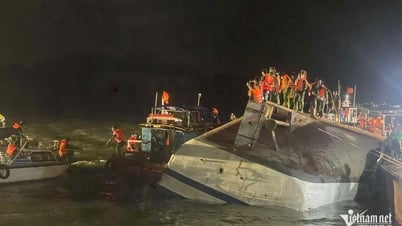

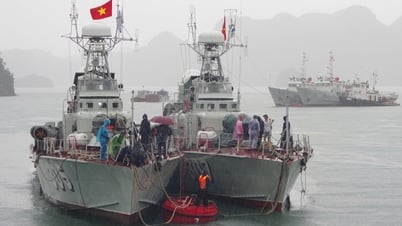






























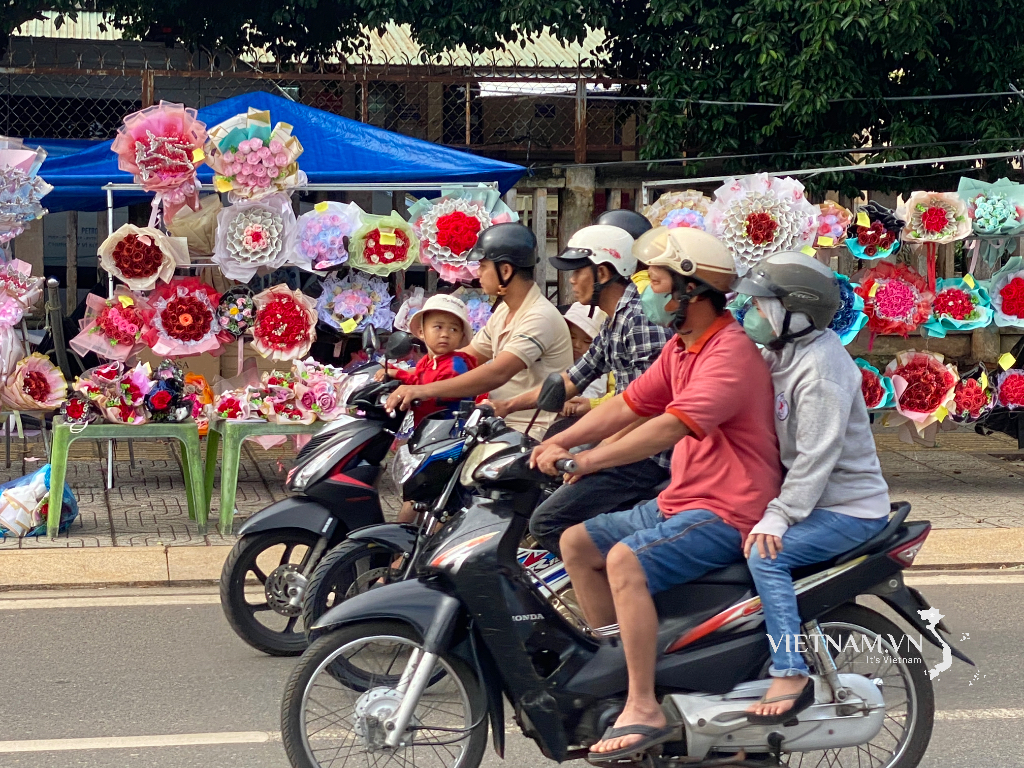
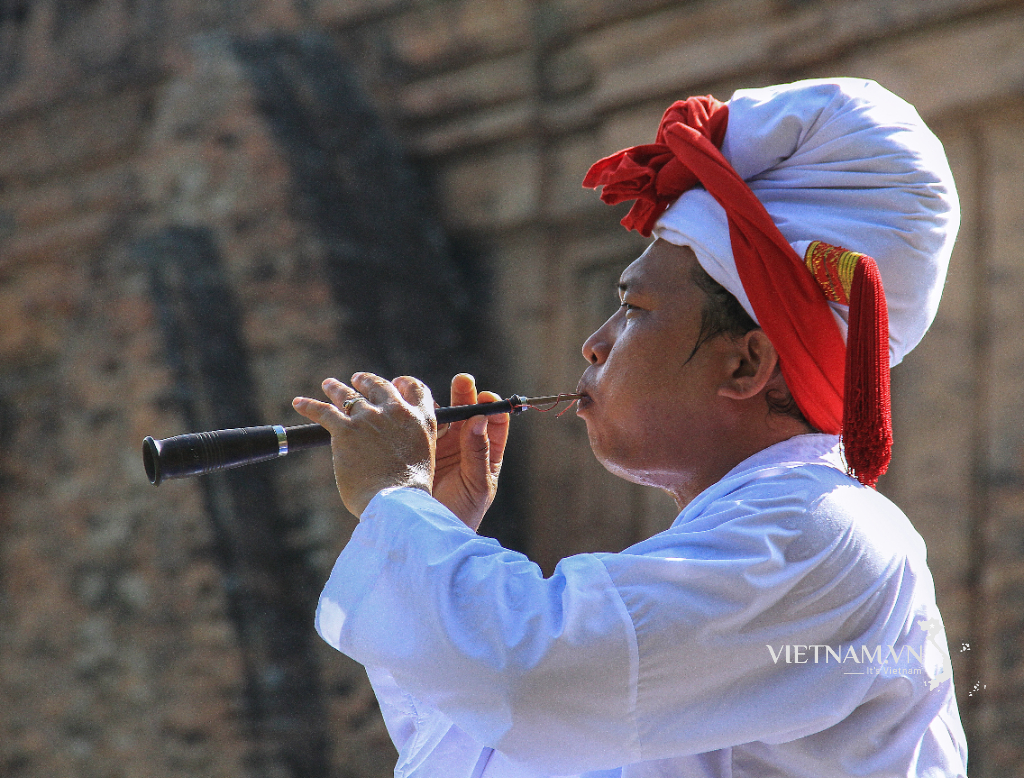
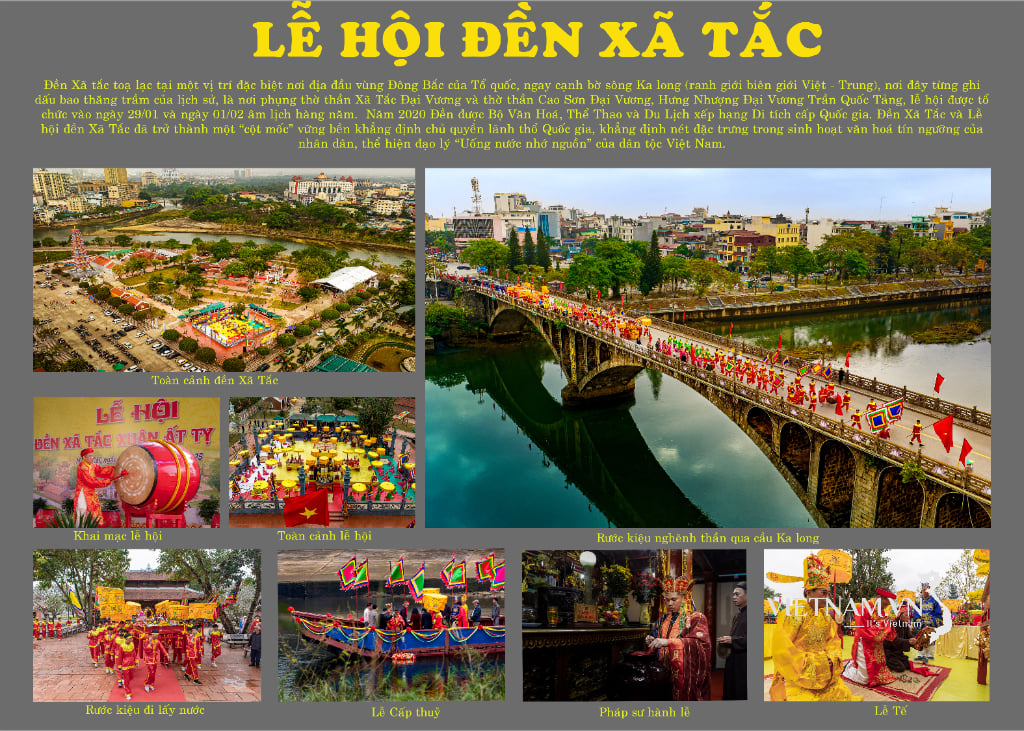
Comment (0)